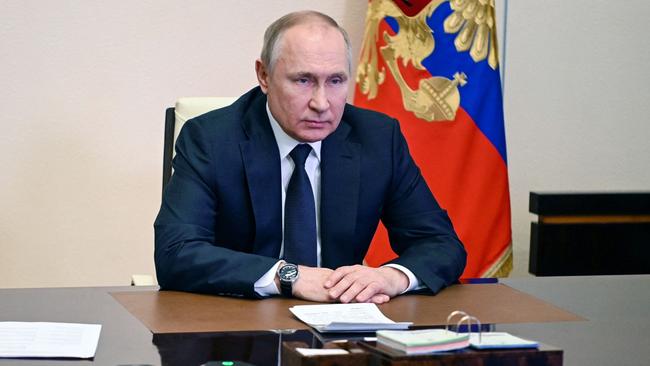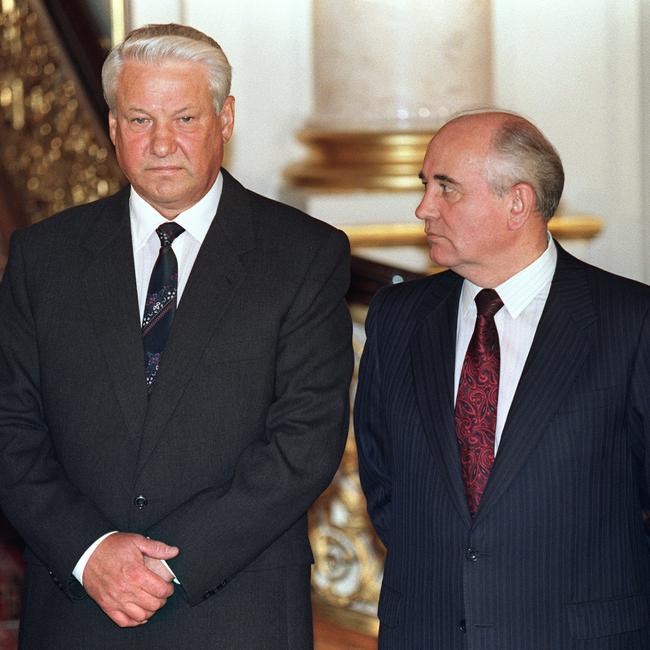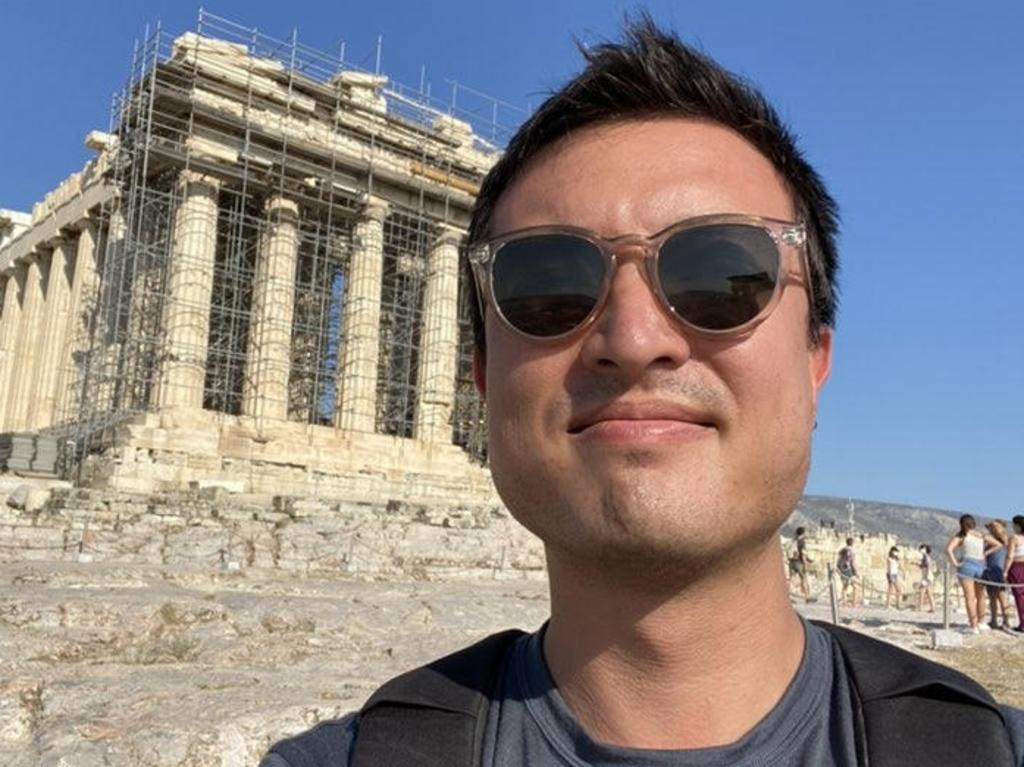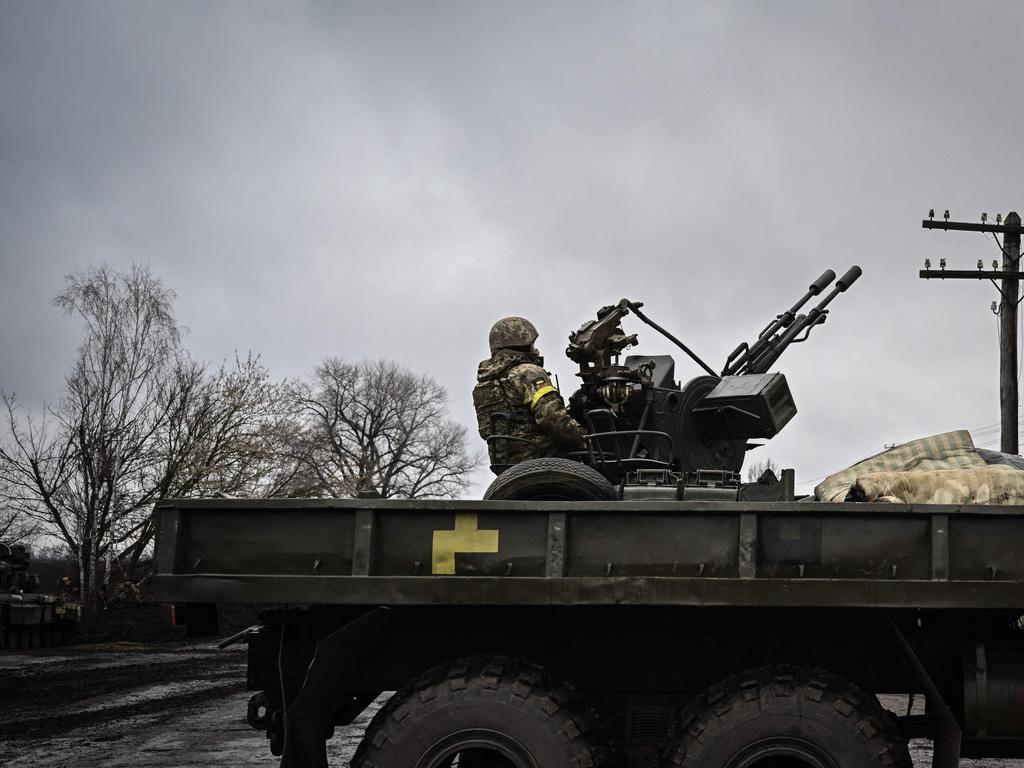Don’t hold your breath for Putin to be toppled
Those who hope that sanctions and international disdain will provoke an internal uprising against the Russian President may have to wait a long time.

The Russian leader’s eyes narrowed, his pupils glinting in the TV lights. “That is a provocation” he snapped. I realised, a little late, that inviting Boris Yeltsin to speculate about the identity of his country’s next leader might be tactless. But it seemed an innocuous question three decades ago, as the Soviet Union was crumbling and the architect of its destruction, Mikhail Gorbachev, was increasingly reviled by his own people. Yeltsin, once a Gorbachev protege, seen as a liberal in the West, had become the nation’s favourite rebel and within days would be elected to lead Russia’s Supreme Soviet, in the teeth of his former mentor’s fierce opposition.

Perhaps Gorbachev saw the danger in Yeltsin that we missed: an unhinged Russian populism that would come to full flower in Yeltsin’s chosen successor, Vladimir Putin. Those who hope that sanctions and international disdain will provoke an uprising against the president may have to wait a long time before the scales fall from Russian eyes.
In April 1990, visiting London to promote his autobiography, Against the Grain, Yeltsin could hardly have made his own ambitions plainer. But he was also careful; the first precondition for assuming leadership of the Kremlin has always been to arrange someone else’s political funeral, preferably closely followed by their actual interment. The coalition of nationalists, liberals, oligarchs and opportunists that Yeltsin was painstakingly assembling was not yet ready to break cover.
All the same, he could barely hide his contempt for Gorbachev’s gradualism. Straight from a breakfast meeting with Margaret Thatcher, his enthusiasm for the free market was as undiluted as the vodka he had evidently already consumed.
Asked whether he would be sorry to see the end of the Soviet empire, Yeltsin shrugged and said he would not miss the Baltics, ditto Georgia and Moldova. Russia, he insisted, had been “robbed by the other republics”. I missed the flashing red light in his reply. It clearly never occurred to him that the largest of the Soviet satrapies, Ukraine, might ever enjoy an independent existence.
Putin’s recent version of history - that there is no such state as Ukraine - is, according to every reputable historian, nonsense. But in this he is channelling his mentor and most other Russian leaders (oddly, except Lenin) for centuries.
Stalin, an ethnic Georgian, made his name amongst Bolsheviks with the pamphlet Marxism and the National Question. Dismissing Lenin as a “national liberal” who had conceded too much to the USSR’s minorities, he set out to solve the problem in characteristic fashion, with mass deportations and state terror. But even flooding other republics with Russian speakers failed. The Baltic states took the first chance they had to escape. Russians embedded in Ukraine went native. A CNN poll published on the day of the invasion shows that a majority in even the predominantly Russian speaking areas reject Putin’s claim that Ukrainians are one people with Russia. Yet the same poll found that two thirds of Russians thought exactly the opposite.
It is now commonplace to suggest that the Russian leader is a lone madman locked in a bunker. If that is so, a considerable proportion of the Russian population shares his accommodation. Putin has understood that an empire’s success lies in the power of an idea. His is the cultural and ethnic unity of the Slavs. He is, in effect, laying claim to the mantle of a tribal chieftain, promising a united Slavic people strength and a restored standing in the eyes of the world.
In return the tribe is expected to offer him loyalty and obeisance as long as he continues to deliver, whatever his methods. His strongman rhetoric plays well among Russians still stung by the last century’s humiliations, not least the Soviet retreat from Afghanistan.
When he took over from Yeltsin, many expected he would only last a few months. But the murderous pacification of Chechnya costing tens of thousands of lives, including those of thousands of Russian soldiers, actually consolidated his position. Like all such leaders he understands fully the importance of tribal identity.
The rambling speeches reinventing history may make little sense to us but we have our own equally powerful semi-myths to define our past: that we stood alone in 1940, for example, which is still news to much of eastern Europe.
The audacious co-option of the Orthodox church by a former KGB boss in service of his vision takes the breath away. His brazen references to the Ukrainian leaders’ degeneracy - “drug addicts” - are code for contempt for western weakness and self-absorption.
In the long term, soaring inflation and food shortages may reduce his domestic standing but we should not fool ourselves that the evil abroad is all the work of one man who will soon be toppled. He is skilled in exploiting the prejudices and resentments of his countrymen. Russia is led, once again, by a tribal chieftain who has made a Faustian pact with enough of his own people to make himself a global power player.
We must do all we can to protect the people of Ukraine with lethal aid and sanctions. But the war we have to fight won’t be won by tanks or banks. We need to stop apologising for not being a perfect society.
The Russian leader will fall only when we have persuaded his people that as divided, unequal, effete and decadent as we might seem to them, and challenging as our free and open way of life can be, it is still a more just, humane and kinder way to raise our children than being shielded by the iron hand of the leader.
THE TIMES







To join the conversation, please log in. Don't have an account? Register
Join the conversation, you are commenting as Logout